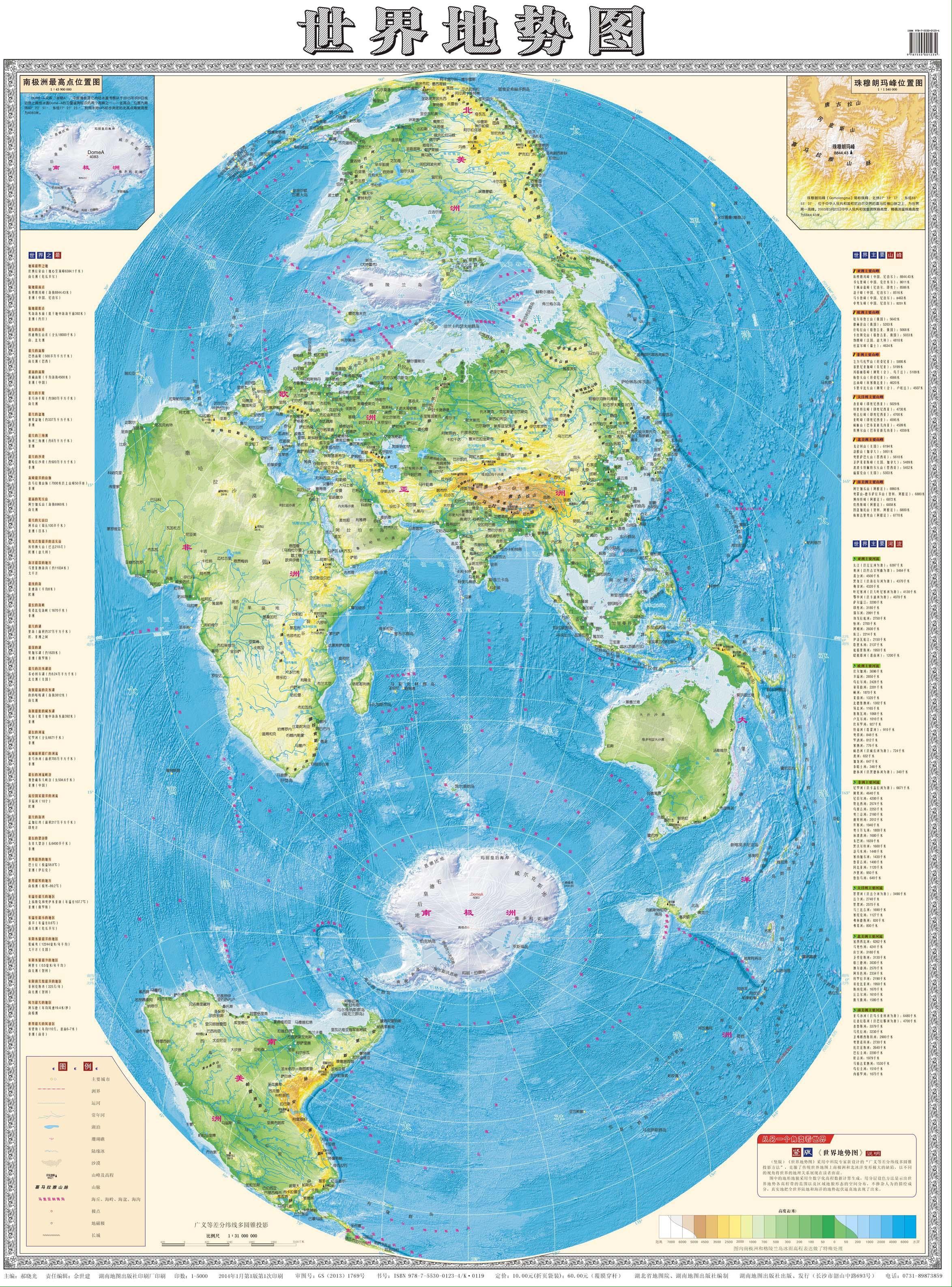this post was submitted on 29 Jul 2024
522 points (97.5% liked)
Map Enthusiasts
3491 readers
8 users here now
For the map enthused!
Rules:
-
post relevant content: interesting, informative, and/or pretty maps
-
be nice
founded 2 years ago
MODERATORS
you are viewing a single comment's thread
view the rest of the comments
view the rest of the comments

It's a thing in all languages, because not every language has all the sounds of every other language.
For example, in Chinese, Canada is Jianada, America is Meiguo, Brazil is Baxi, England is Yingguo.
My understanding is that Japan has a similar story as the European explorers who first made contact there were Portuguese and couldn't pronounce Nippon correctly.
Having a name that is an approximation of the native one is perfectly understandable, which it looks like all the Chinese examples are, but none of the ones I listed are at all. Zongo is probably how China would be transliterated in English, and Nippon and Dutchland are easy to say. of course, English has that problem of calling other people Dutch causing an issue with that last one. Sticking to the names that Portuguese explorers gave is where a lot of the weird English ones come from.
Zh is a J sound. It would be more like Jong Go
Ah, yeah, that sounds better.
Nonetheless, there are examples of other languages besides English messing up the name of another country. Practically no two languages call Germany or The Netherlands the same thing, and almost none call them what they call themselves. I'm not making a value judgement about this phenomenon, just saying that it's not unique to English.
For another example, Japan's name comes from the Chinese word spelled with the same characters, but it's pronounced completely differently in Chinese.
Oh, sure, other languages do the same. It's annoying when anyone does it!